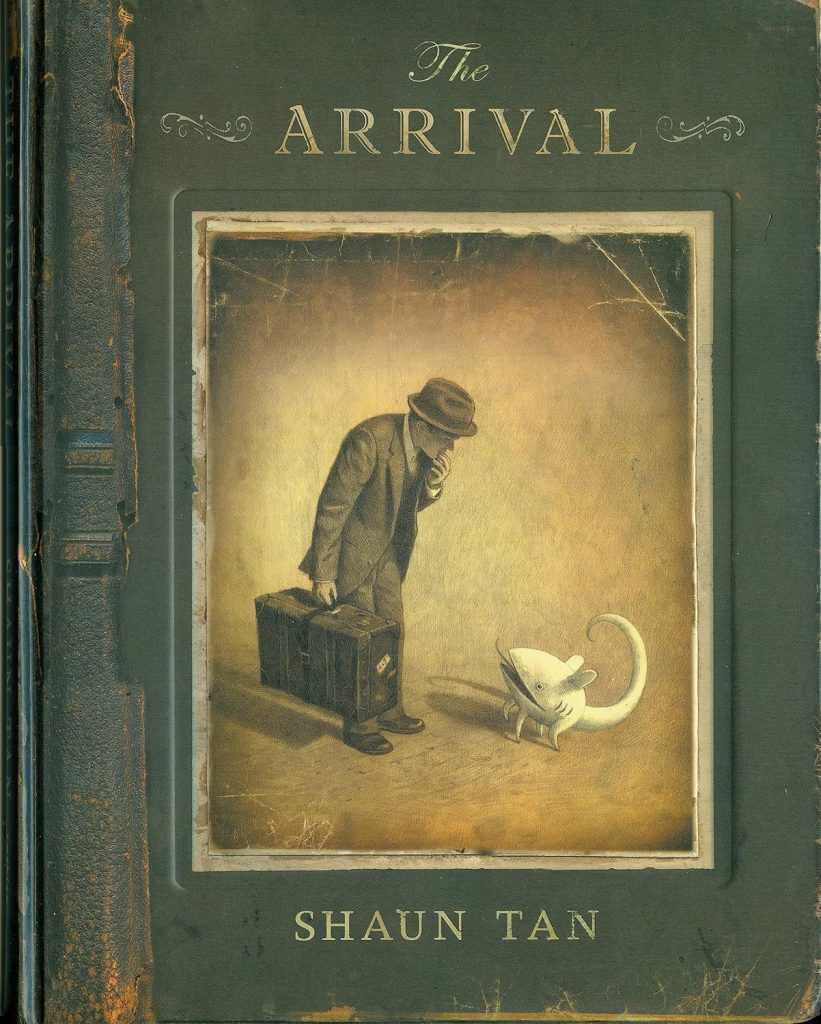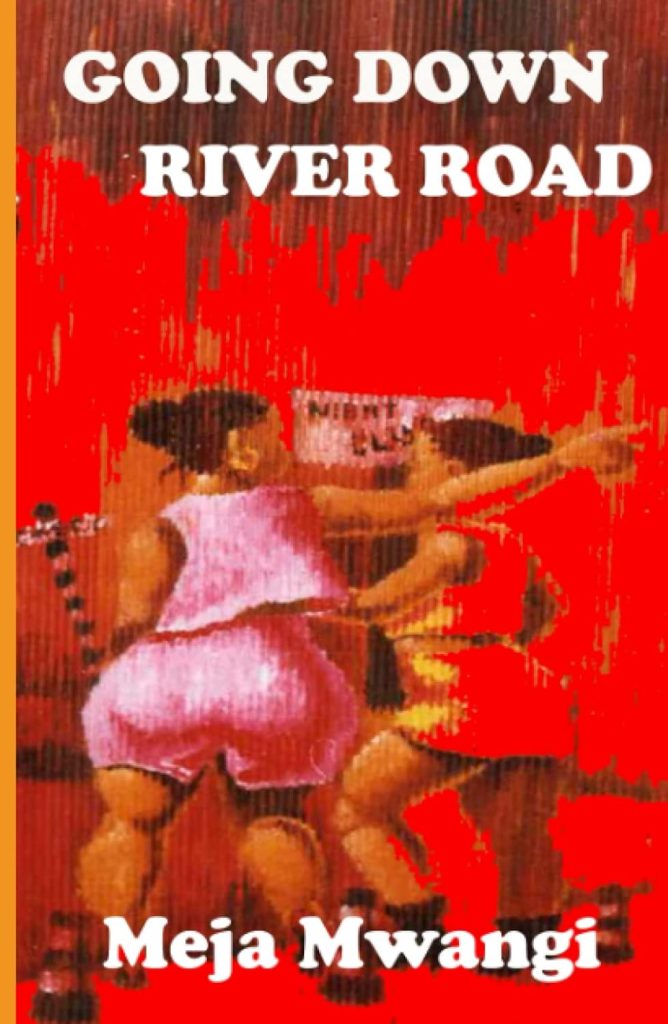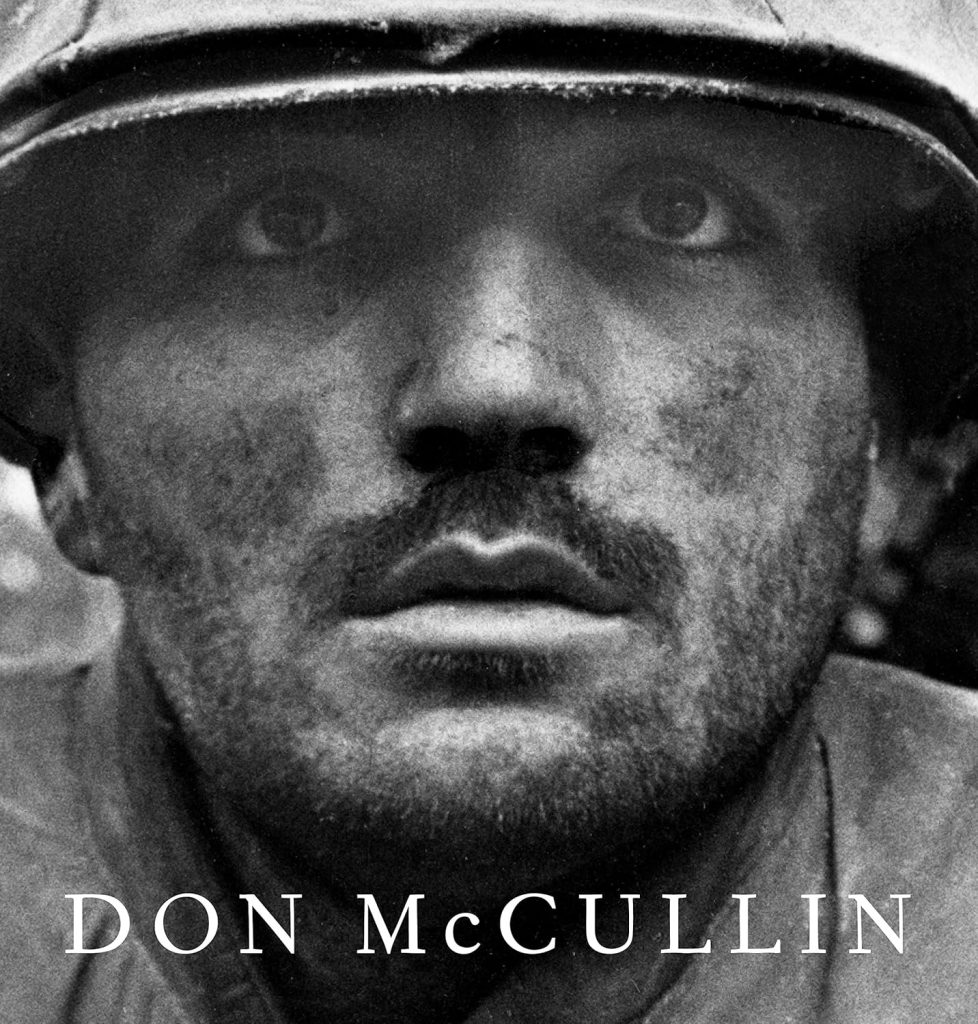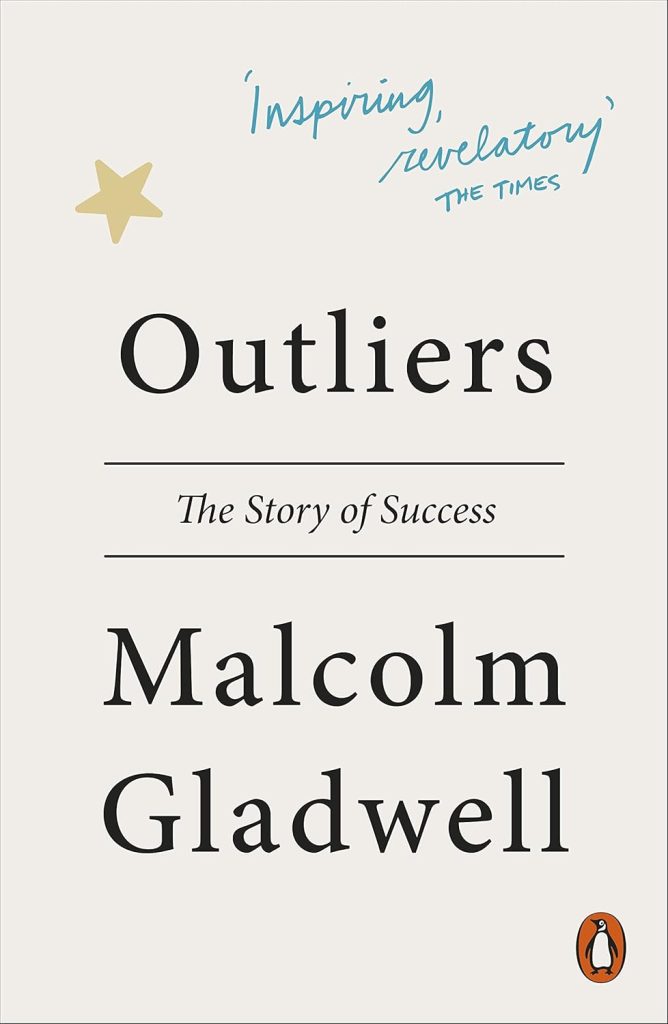Richard Human
Consilium Education library specialist, Sal Flint continues her column – School Readers – in which she talks to educators about their favourite books. This month’s reader is Richard Human, Director of AI at Globeducate.
Why ‘School Readers?’
We all urge kids to read, but how has reading shaped our own personal and professional lives? I want to know which four books have most influenced the people I talk to – an unforgettable children’s book, a novel, a work of non-fiction and a ‘go-to’ book about education.

Richard Human is a highly experienced international educator, school leader, and consultant with over 25 years in education. He has worked in schools in the UK, Kenya, Libya, and the Netherlands, spending nearly a decade as a teacher and senior leader at the British School in the Netherlands. Earlier in his career, Richard worked as a documentary photographer and journalist across Africa, Asia, and South America—bringing a unique global perspective to his work in schools.
Recently appointed as Director of AI at Globeducate, he is also a Senior Consultant with Consilium Education, supporting school start-ups, leadership teams, and professional development across the world. He holds an MBA in Educational Leadership, is a qualified Forest School Leader, and co-hosts the Leading Stories podcast, exploring leadership in education and beyond.
I’ve had the pleasure of working with Richard at Consilium, where I frequently draw on his expertise as we create and edit webinar content for the British and International School Library Network. Richard is endlessly generous with his time and unfailingly patient with me!
Richard Human’s ‘four books’
(Click the book cover to follow the link to Amazon)

Shaun Tan: The Arrival
I first picked up Shaun Tan’s wordless graphic novel after ten years of teaching, and I remember being stunned by both its simplicity and complexity. Here was a book that captured everything I’d been seeing in my classroom – all those children who arrived mid-year, clutching their bags, unable to find the words for what they’d left behind.
The brilliant thing about The Arrival is that it doesn’t use words at all. Instead, it tells the whole immigrant story through these dreamlike pictures that somehow feel more real than reality. This mix of simple and complex in Tan’s work is special because different people can enjoy it in different ways. Children might see one thing, while adults notice something else entirely. Each time you look at his books, you might discover something new that you hadn’t seen before. It also made me realise I’d been so focused on getting my ESL pupils to speak English that I’d been missing all the other ways they were trying to communicate. After reading it, I started bringing more visual storytelling into my lessons, and suddenly those quiet children in the back row had a voice too.
What it’s about:
The Arrival by Shaun Tan is a beautifully illustrated, wordless graphic novel that explores the immigrant experience through surreal, dreamlike imagery. Following a man who leaves his homeland in search of safety and opportunity, the book depicts his journey to a strange new world filled with unfamiliar customs, creatures, and language. Tan captures the feelings of displacement, hope, fear, and resilience that define the migrant story.
Meja Mwangi: Going Down River Road
I read Mwangi’s novel when I returned to Kenya aged eighteen after leaving home, and it felt like being shaken awake. Here I was, coming back to my childhood home with all these idealistic notions, and this book showed me a Kenya I’d been too young to see before – the slums, the corruption, the people just trying to survive another day.

What really got me was how Mwangi didn’t prettify anything or preach about it – he just told it straight. I could ‘feel’ the Nairobi streets I walked upon in the pages of his book.
At the time, I was developing my own eye for photography and starting to understand journalism, and his approach felt right – this idea that sometimes the most important thing you can do is simply bear witness. Years later, when I became a teacher, I carried that same philosophy into my classroom – that sometimes we need to acknowledge the hard truths our pupils live with, without sugar-coating or looking away.
What it’s about:
Going Down River Road by Meja Mwangi is a landmark Kenyan novel that offers a gritty, unsentimental portrait of life on the streets of Nairobi. It follows Ben, a former soldier turned construction worker, as he navigates a harsh world of poverty, exploitation, and survival. Mwangi exposes the challenges faced by Kenya’s urban poor without romanticism or judgment.

Don McCullin: The New Definitive Edition
I love all of McCullin’s photography, but Sally wanted a specific book so this definitive volume seems the perfect choice. The updated retrospective was published for McCullin’s 80th birthday. McCullin’s photography speaks to me deeply, perhaps because I’ve been a witness myself – though from afar – to the horrors of Cambodia and Rwanda. His images don’t just document conflict; they demand that I look, that I remember.
What strikes me most is how he captures human dignity even in the worst circumstances. His work resonates with my own journey of trying to understand suffering from a distance – that complex feeling of being connected to tragedy without being directly in it. McCullin belonged to that generation of war correspondents – alongside journalists like John Pilger – who shared an unwavering commitment to exposing injustice. While they worked independently, both men chronicled the same conflicts in Vietnam and Cambodia, refusing to let us forget the human cost of political failures. This perspective has shaped my teaching profoundly. When pupils share difficult experiences, I try to understand their stories with the same respect McCullin shows his subjects – acknowledging their truth without sensationalising their pain.
What it’s about:
Don McCullin is a powerful photographic collection by one of the world’s leading war photographers. His images capture the raw reality of conflict, poverty, and human struggle with uncompromising honesty. For educators and learners, McCullin’s work offers a visual literacy experience—inviting readers to reflect, interpret, and respond emotionally without needing words.
Malcolm Gladwell: Outliers – The Story of Success
Perhaps surprisingly – Outliers is my go-to book when I need to remind myself why some children succeed and others struggle, even when they’re equally bright. Gladwell’s whole thing about how success isn’t just about individual talent really resonates with my experience. He talks about hockey players born in January having an advantage because of age cut-offs in youth leagues, and I see the same patterns in my classroom. Some of my pupils have parents who can afford tutors, or they’ve had breakfast that morning, or they come from cultures where questioning the teacher is encouraged rather than seen as disrespectful.

This book reminds me that my job isn’t just to teach – it’s to level the playing field. While I can’t give every pupil their “10,000 hours” of practice (as Gladwell discusses), I can try to recognise and address the invisible advantages and disadvantages that shape their educational journeys. Sometimes that means understanding why a pupil from a different culture might not make eye contact when I’m speaking to them, or recognising that some families can’t help with homework – not because they don’t care, but because they have three jobs.
What it’s about:
Drawing on real-life examples, Outliers shows how background, culture, timing, and unseen opportunities often play a bigger role than we think. From birth month advantages, to the impact of family support, this thought-provoking book invites educators to rethink fairness and consider the hidden barriers and boosts that influence learner outcomes.
What Richard is reading at the moment:
Fiction: James: Winner of the 2025 Pulitzer Prize for Fiction by Percival Everett
Non-fiction: Motherland: A Journey through 500,000 Years of African Culture and Identity by Luke Pepera

Sal Flint is a Senior Consultant specialising in school library development at Consilium Education.
If you would like to share your four School Readers, write to ITM on https://consiliumeducation.com/itm/contact-us/.
FEATURE IMAGE: by Lubos Houska from Pixabay
The post SCHOOL READERS appeared first on Consilium Education.


